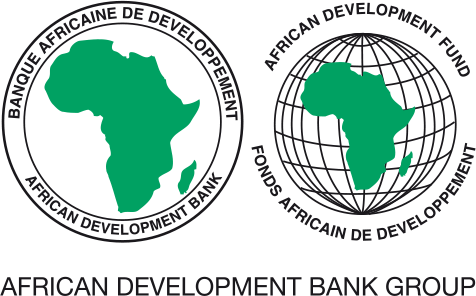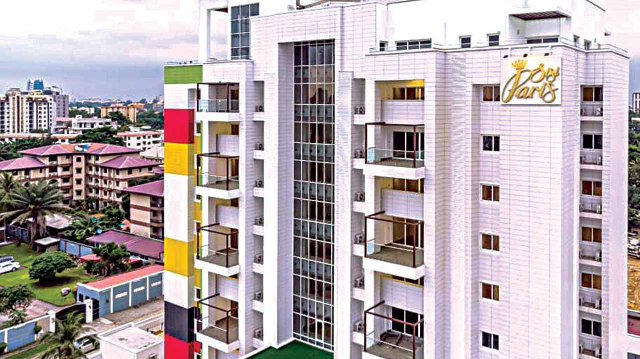The African Development Bank’s (AfDB) has offered $520 million as part of its support for the development of the first phase of the Special Agro-industrial Processing Zones in Nigeria.
The Director-General of African Development Bank’s (AfDB) Nigeria Country Department, Lamin Barrow, stated this at a high-level briefing session held on Monday.
Barrow added that the zones would be rolled out in 18 African countries, including Nigeria.
The Nigeria Special Agro-industrial Processing Zone programme consists of four mutually reinforcing components – infrastructure development and agro-industrial hubs management; agriculture productivity and production; policy and institutional development; and programme coordination and management.
“The Bank and its development partners are mobilizing $520 million to co-finance the first phase of the program in Nigeria, be implemented in phases across six geo-political zones,” Barrow said.
The statement said representatives of the AfDB, the International Fund for Agricultural Development and the Islamic Development Bank, provided progress updates on the scheme, following their consultations with key stakeholders within the public and private sectors.
Responding to the announcement, the Minister of Finance, Budget, and National Planning, Zainab Ahmed, affirmed the Federal Government’s commitment to the initiative and providing enabling policies that could attract private sector investment in the zones.
READ ALSO: ANALYSIS: Forex Scarcity Threatens Flour Millers, Bakery Industry
“The Federal Government is committed to successfully implementing the programme to increase agricultural production, reduce poverty, and scale up job creation across the country,” Ahmed said.
According to her, all the 36 states in Nigeria and the Federal Capital Territory will be eligible to participate in the SAPZ programme.
She said 20 states and the FCT had already indicated interest in participating the first phase of the scheme.
The states include Kaduna, Kano, Kwara, Imo, Cross River, Ogun, Oyo, Bauchi, Lagos, Niger, Jigawa, Ekiti, Lagos, Taraba, Benue, Sokoto, Ondo, Nasarawa, Gombe and Kogi.
“In the same manner that SAPZs have worked in other countries, it will create jobs, develop skills, and facilitate agricultural value chains development in Nigeria,” AfDB’s Vice President for Agriculture, Human and Social Development, Beth Dunford, said.













